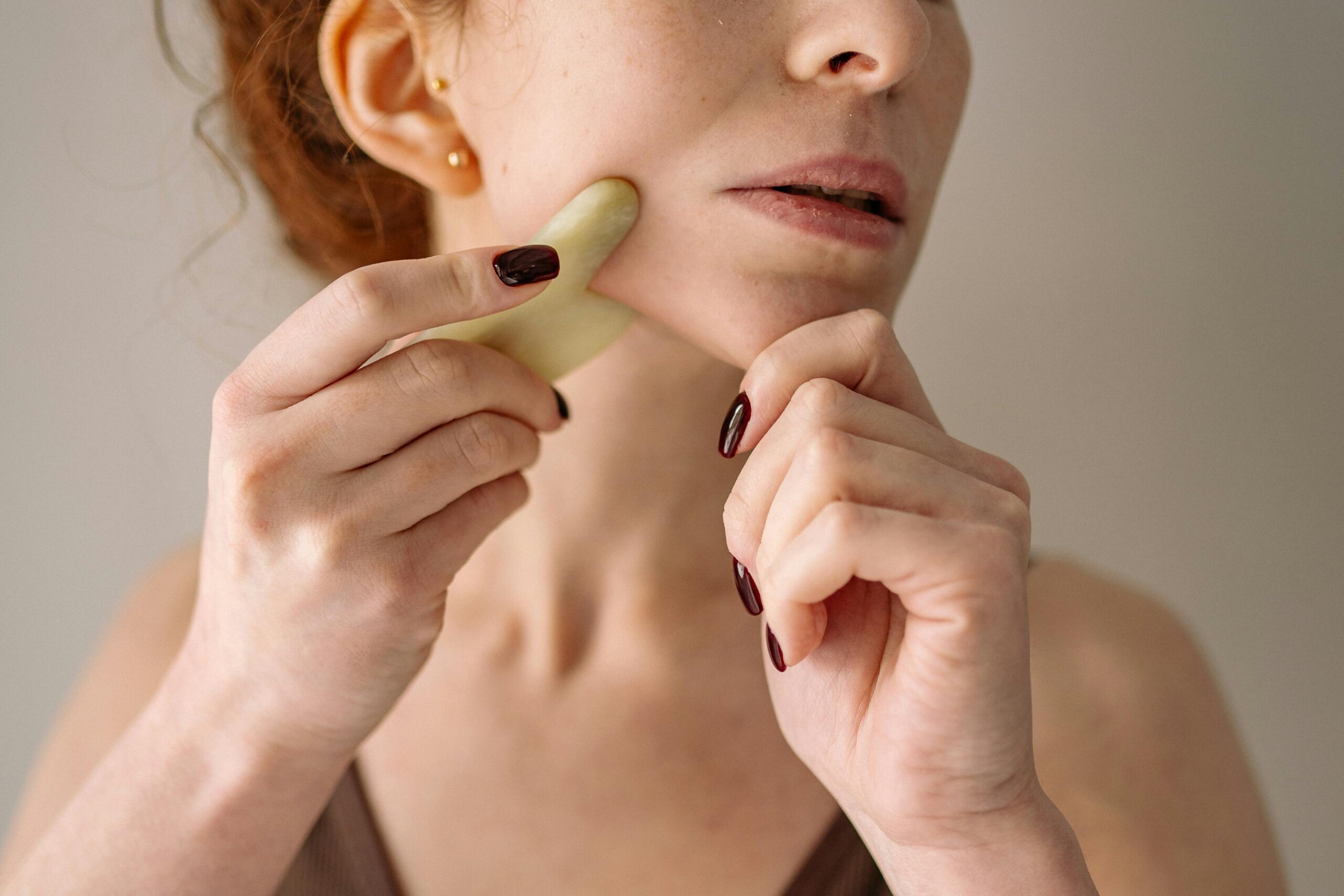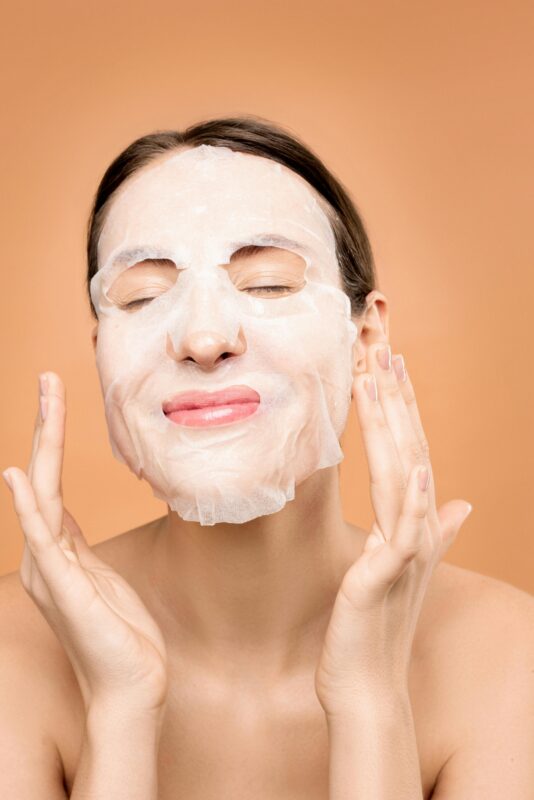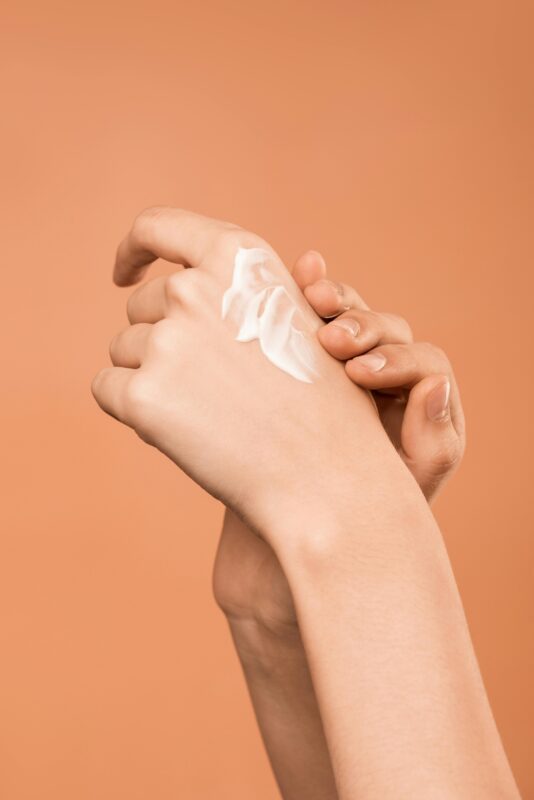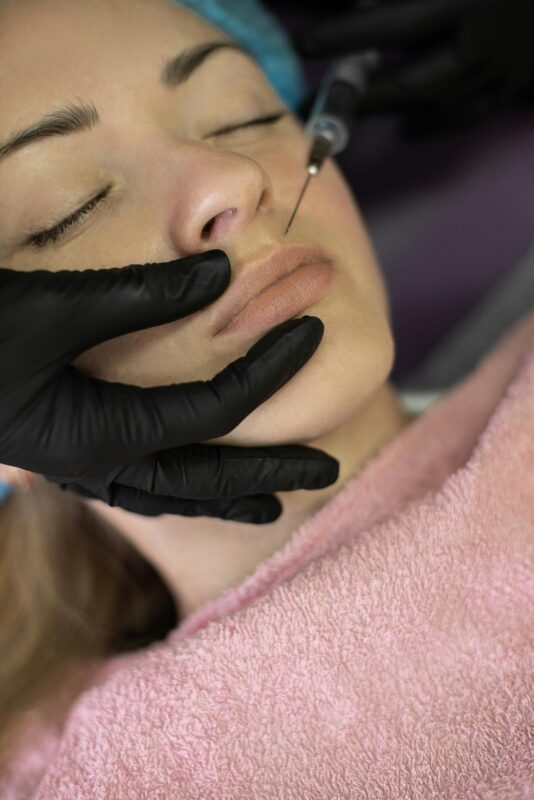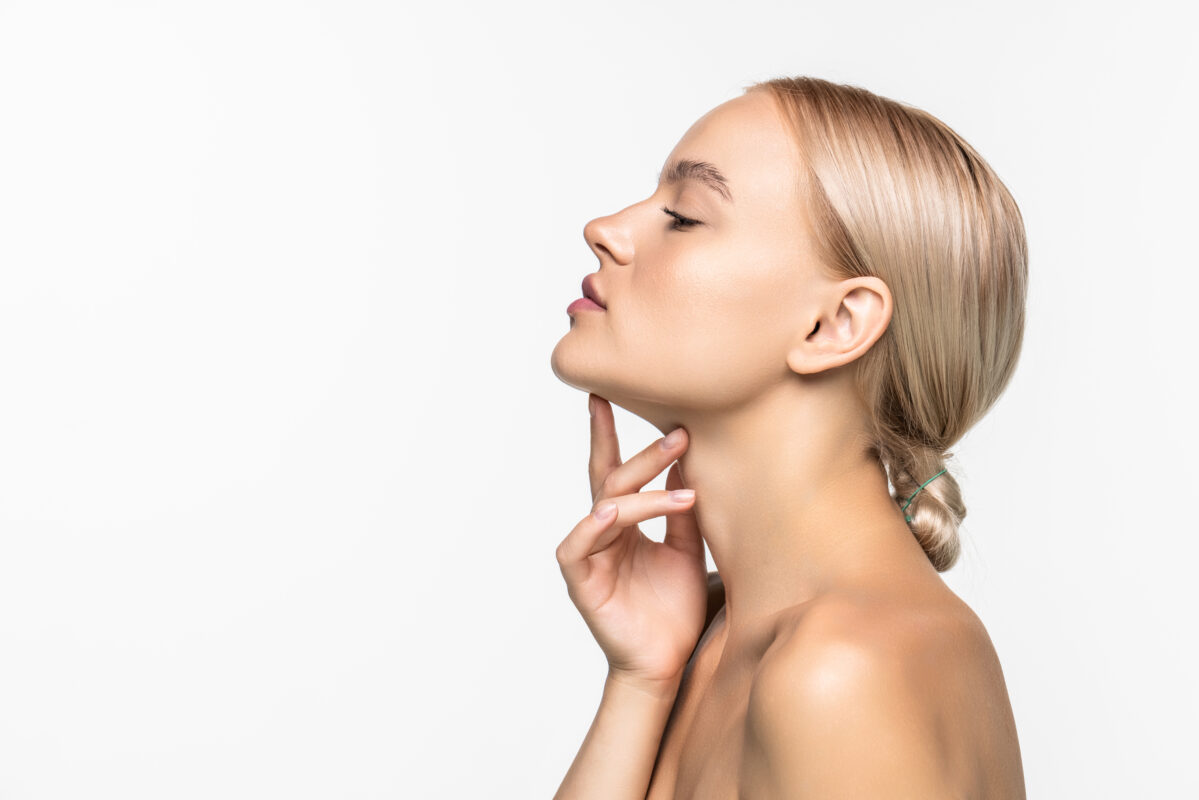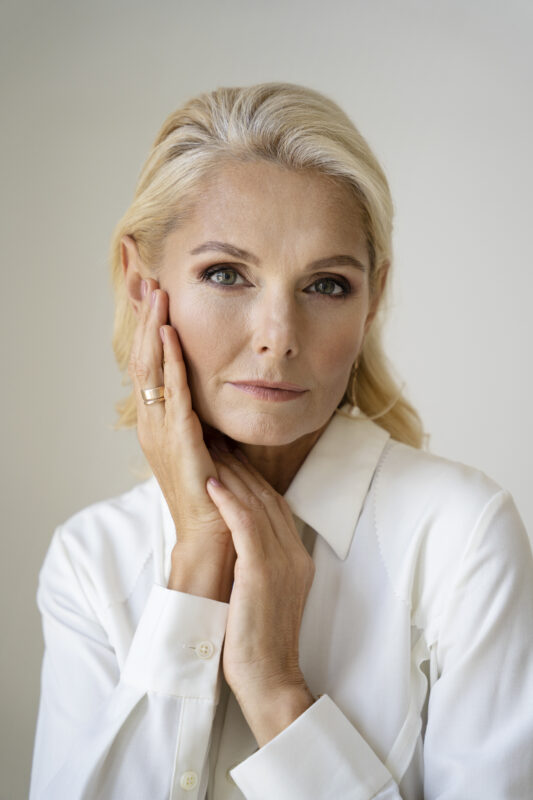In today’s fast-paced world, where stress, pollution, and time constantly challenge our appearance, achieving and maintaining youthful skin has become a common goal for many. The desire for anti-aging beauty isn’t just about vanity; it’s about confidence, wellness, and feeling our best at every stage of life. As science advances, we now have access to powerful tools and ingredients that can help us maintain an ageless appearance. This article explores the foundations and innovations of anti-aging skincare, providing you with actionable tips and knowledge to reveal radiant, resilient, and youthful skin.
Furthermore, anti-aging beauty represents a deeper shift in how we approach self-care. It’s not simply about trying to look younger, but about nurturing your skin so it reflects your overall vitality. Today’s skincare goes beyond traditional creams and serums—it’s an integrative practice that involves your diet, sleep patterns, emotional well-being, and even your environment. By understanding what your skin truly needs and responding proactively, you can reclaim a glow that defies your age and reflects your inner wellness. Whether you’re just beginning or enhancing an existing regimen, this guide will empower you to make informed, effective choices. It’s about being proactive, not reactive—taking the reins of your skin health and transforming it into a reflection of your inner balance. You’ll discover that anti-aging is a journey, not a destination, and one that evolves with you.
Understanding Skin Aging: Causes and Effects
Skin aging is a natural biological process, yet it is heavily influenced by external and internal factors. The two primary types of aging are intrinsic and extrinsic aging. Intrinsic aging is governed by genetics and the passage of time—our skin naturally becomes thinner, drier, and less elastic as we grow older. Collagen and elastin production slow down, leading to sagging and the formation of fine lines.
Extrinsic aging, on the other hand, is triggered by external influences such as UV exposure, pollution, smoking, poor diet, and stress. Unlike intrinsic aging, it is largely preventable and manageable.
Some of the most noticeable signs of aging include fine lines, wrinkles, loss of firmness, uneven skin tone, and dryness. Understanding these symptoms helps us tackle the root causes with targeted anti-aging strategies. The right combination of products and habits can delay or even reverse visible signs of aging.
How Aging Affects Different Skin Types
Not all skin ages the same way. Each skin type—dry, oily, combination, or sensitive—experiences aging differently, and your anti-aging approach should be tailored accordingly.
Dry skin often shows signs of aging earlier due to a lack of natural oils. Fine lines and flakiness are common. Rich moisturizers and nourishing oils are essential.
Oily skin tends to resist wrinkles longer thanks to higher sebum production, but it can suffer from enlarged pores and a loss of firmness over time. Lightweight, balancing products with ingredients like niacinamide work well here.
Combination skin needs a strategic approach—targeting dry areas with hydration and oily zones with oil control.
Sensitive skin can react negatively to harsh anti-aging ingredients like retinol or AHAs. It requires gentle, calming products with proven actives like peptides and ceramides.
Recognizing your skin type and responding with the right products and lifestyle habits can help maximize the effectiveness of your anti-aging routine.
Essential Anti-Aging Skincare Ingredients
Retinol, derived from vitamin A, is one of the most potent ingredients. It stimulates collagen production, smooths fine lines, and evens skin tone. Begin with a low concentration to avoid irritation and apply it at night.
Hyaluronic acid, known for its moisture-binding capabilities, helps the skin stay hydrated and plump. It works best when applied on damp skin and followed by a moisturizer.
Vitamin C is another cornerstone of anti-aging beauty. As an antioxidant, it defends against free radicals and enhances skin brightness while boosting collagen synthesis.
Peptides support skin structure by promoting firmness and elasticity, making them a valuable addition to any regimen.
Niacinamide (vitamin B3) improves skin texture, tightens pores, and strengthens the skin’s barrier. It also helps even out the complexion.
Alpha Hydroxy Acids (AHAs), such as glycolic and lactic acids, exfoliate dead skin cells and stimulate renewal, leaving the skin more radiant.
Finally, sunscreen remains non-negotiable. Daily application of broad-spectrum SPF is essential to prevent photoaging, which accounts for a large portion of visible skin aging.
The Ideal Anti-Aging Routine
Crafting a routine involves consistency and the correct layering of products. In the morning, cleanse your face with a gentle cleanser to remove impurities and excess oil. Apply an antioxidant serum such as vitamin C to protect your skin from environmental stressors. Next, use a lightweight moisturizer that includes peptides or hyaluronic acid for hydration. Finish with a broad-spectrum SPF of at least 30 to shield your skin from harmful UV rays.
In the evening, begin by removing makeup and cleansing thoroughly. Exfoliate two to three times a week with a chemical exfoliant to eliminate dead skin cells and promote renewal. After exfoliating, apply a retinol product to boost collagen and address fine lines. Follow with a richer night cream to lock in moisture, and use an eye cream that targets puffiness and dark circles.
For added benefits, consider incorporating a weekly face mask tailored to your skin’s needs—hydrating masks for dry skin, clay-based for oily skin, or soothing masks for sensitive skin.
Stick to your routine diligently, and remember that consistency yields visible, lasting results.
Lifestyle Habits That Support Ageless Skin
Your lifestyle plays a crucial role in your skin’s appearance. Eating a diet rich in antioxidants—think berries, leafy greens, nuts, seeds, and fatty fish—helps fight oxidative stress. Staying hydrated keeps the skin plump and vibrant. Regular physical activity boosts circulation, delivering oxygen and nutrients to skin cells.
Quality sleep is vital, as it allows the skin to repair and renew. Reducing stress through mindfulness or meditation can lower cortisol levels, which helps preserve collagen and maintain skin integrity. Limit alcohol and avoid smoking, as both can accelerate the aging process.
Environmental factors also matter. Protect your skin from pollution by cleansing properly and using antioxidant serums. Humidifiers can help in dry climates to maintain skin moisture levels.
Advanced Anti-Aging Treatments
Professional treatments offer additional benefits. Microneedling stimulates collagen production through controlled micro-injuries. Laser resurfacing targets texture and pigmentation issues. Chemical peels remove damaged layers of skin, revealing a smoother surface.
Injectables like Botox reduce the appearance of expression lines, while dermal fillers restore lost volume. LED light therapy penetrates the skin with various wavelengths to reduce inflammation and promote collagen.
Radiofrequency treatments and ultrasound-based therapies like Ultherapy also improve skin laxity without the need for surgery.
Always consult with a certified dermatologist or aesthetic practitioner to determine the most suitable treatment for your skin concerns and goals.
Natural Anti-Aging Remedies
For a holistic approach, ingredients like aloe vera, rosehip oil, and green tea offer hydration, antioxidants, and skin renewal benefits. Honey masks deeply nourish, and facial massage can improve circulation and promote lymphatic drainage.
Essential oils like frankincense, lavender, and sandalwood have been traditionally used for their skin rejuvenating properties. Always dilute essential oils properly and patch-test before applying.
Anti-Aging Myths Busted
“Anti-aging products are only for older people.” Preventative care should begin in your twenties to slow down the aging process early.
“Expensive skincare is always better.” Price does not always reflect effectiveness. Many affordable products contain powerful, scientifically-backed ingredients.
“You don’t need sunscreen on cloudy days.” UV rays penetrate through clouds and windows. Daily SPF is essential year-round.
“Natural products are always safer.” Even natural ingredients can irritate sensitive skin. Always patch test and review formulations carefully.
“You can’t reverse signs of aging.” While we can’t stop aging, targeted products and treatments can visibly reduce fine lines, improve texture, and restore a youthful glow.
Emerging Trends in Anti-Aging Beauty
Personalized skincare is gaining traction, with DNA-based regimens and microbiome-friendly products leading the way. Smart tools like LED masks and microcurrent devices enhance the effectiveness of your products. Meanwhile, plant-based, clean beauty options are becoming increasingly popular.
One of the most promising innovations is the use of biomimetic peptides—lab-created molecules that mimic the skin’s natural communication processes to stimulate collagen and elastin. Another exciting trend is epigenetic skincare, which targets gene expression linked to aging.
Biohacking, which includes supplements like NAD+, resveratrol, and advanced peptides, represents a cutting-edge way to approach skin longevity from the inside out. Apps and AI-driven skincare analysis tools are also reshaping how we personalize and optimize anti-aging routines.
Cultural Approaches to Aging Gracefully
Different cultures embrace aging uniquely, and their beauty philosophies offer valuable insights.
In Japan, skincare is rooted in minimalism and consistency. Ingredients like rice water, green tea, and seaweed are commonly used. Facial massage and sun protection are key pillars.
Korean beauty (K-Beauty) emphasizes hydration and layering lightweight products. The famous 10-step routine includes toners, essences, and sleeping masks for deep overnight repair.
In France, the approach is about effortless elegance. Women often favor gentle, high-quality formulations and begin anti-aging treatments early, including facials and facial yoga.
In Morocco, natural ingredients like argan oil, rhassoul clay, and rose water have been used for generations to maintain skin elasticity and clarity.
These cultural perspectives underscore the importance of consistency, natural ingredients, and holistic practices.
Pro Tips for Ageless Skin
Sunscreen is essential every day, regardless of the weather. Always remove your makeup before bed and apply products from thinnest to thickest. Avoid tugging at delicate skin, especially under the eyes. Use lukewarm water to cleanse and store your products away from light and heat to preserve their efficacy.
Don’t neglect your neck and hands—these areas are often the first to show signs of aging. Switch up your routine with the seasons and listen to your skin’s changing needs.
Anti-Aging Beauty : Complementary Wellness Practices
Facial yoga and dry brushing support tone and circulation. Herbal teas like chamomile and green tea offer calming and antioxidant properties. Supplements such as collagen, omega-3 fatty acids, and vitamin E can support skin health from within.
Practices like journaling and gratitude exercises also contribute to emotional wellness, reducing stress—a significant aging factor. Regular breathing exercises or yoga can further enhance relaxation and hormonal balance, promoting youthful skin.
Conclusion
Unlocking the secrets of ageless skin requires a holistic approach. By combining powerful ingredients, a consistent routine, healthy habits, and innovative treatments, you can maintain youthful skin at any age. Anti-aging beauty is about embracing who you are and enhancing what you have with intention and care. With mindful practices and smart choices, you can experience transformation that reflects both inner vitality and outer radiance.
Ultimately, anti-aging isn’t about chasing youth—it’s about radiating health, self-respect, and vibrancy. Every wrinkle tells a story, and every skincare decision becomes an act of self-love. As technology and nature come together in the world of beauty, we gain access to personalized, effective strategies that truly work. Make the commitment today, and you’ll thank yourself tomorrow.
FAQs About Anti-Aging Beauty
Q1: What age should I start using anti-aging products?
A: Begin in your mid to late 20s with preventive measures like hydration and sun protection.
Q2: Can I use multiple anti-aging ingredients together?
A: Yes, but be cautious with layering. Avoid using retinol and AHAs simultaneously.
Q3: How long does it take to see results from anti-aging skincare?
A: Typically, noticeable improvements appear after 6 to 12 weeks of consistent use.
Q4: Are natural remedies as effective as clinical treatments?
A: They can complement your routine but may not replace the results from professional treatments.
Q5: Is anti-aging only about skincare?
A: No. It also includes lifestyle habits such as diet, exercise, sleep, and stress management.
Q6: Can men benefit from anti-aging skincare?
A: Absolutely. Men experience aging similarly and benefit from the same active ingredients and healthy routines.
Q7: How can I tell if a product is working?
A: Look for signs like improved texture, even tone, and reduced fine lines over several weeks.
Q8: Should I change my skincare routine as I age?
A: Yes. Your skin’s needs evolve over time. Adjust your products and techniques as needed to stay effective.



